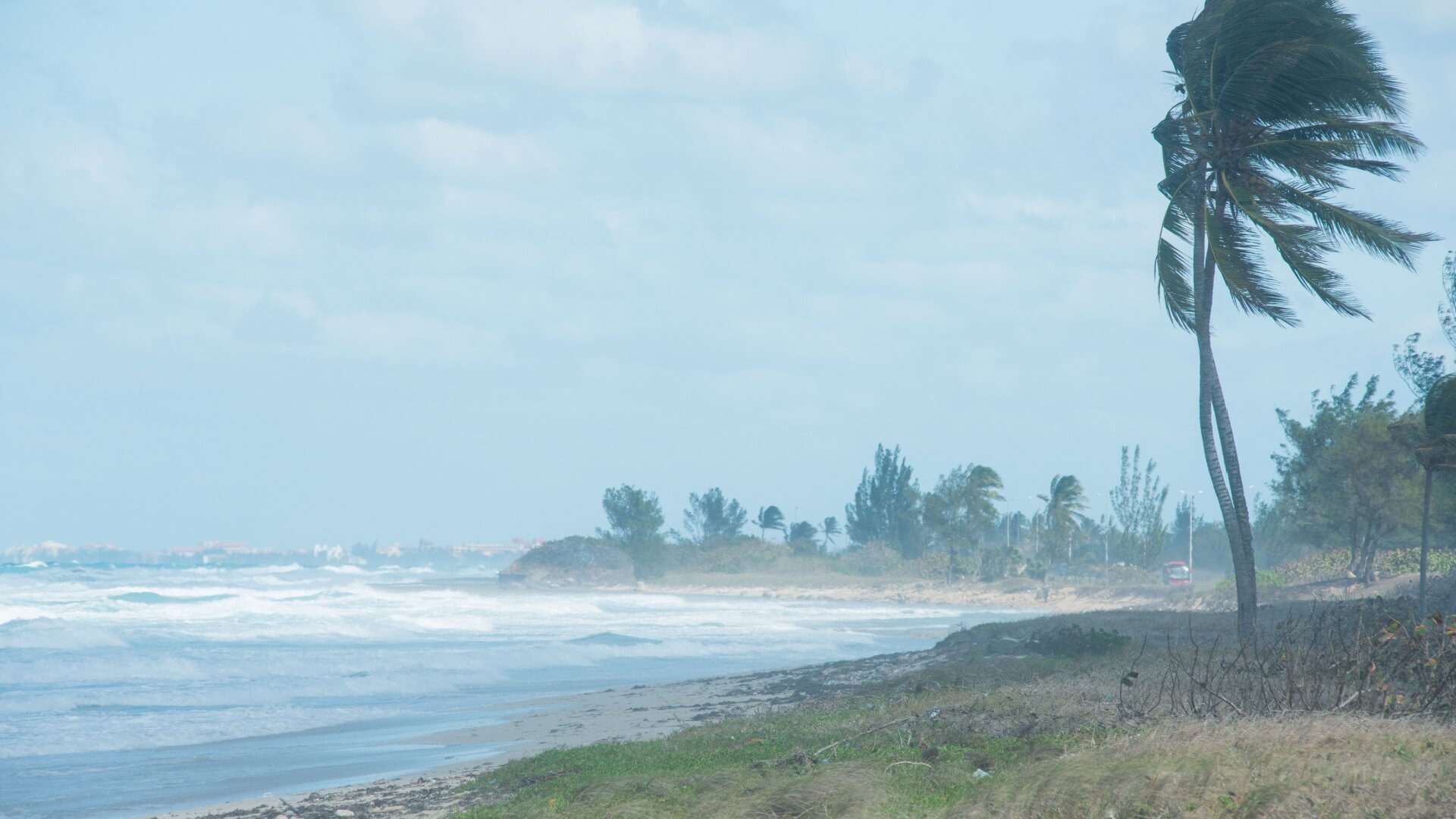Hurricane Gabrielle: What You Need to Know
Hurricane Gabrielle has rapidly intensified into a powerful Category 4 storm in the Atlantic, capturing attention as it churns through the ocean with maximum sustained winds of 140 mph. While this major hurricane poses no direct threat to land, its presence serves as a critical reminder of the importance of hurricane preparedness and the need for proper insurance coverage. Understanding both the current situation and your protection options can help you stay informed and prepared for future storms.
Current Status and Movement
Hurricane Gabrielle is currently positioned in the central Atlantic Ocean, at the time of writing, moving northeast at approximately 13-20 mph. The storm underwent remarkable rapid intensification, strengthening from a Category 1 to a Category 4 hurricane in under 30 hours — a meteorological phenomenon that demonstrates the unpredictable nature of these powerful weather systems.
The storm’s trajectory keeps it well away from the United States coastline and Bermuda. Forecasters expect Gabrielle to maintain its major hurricane strength through midweek before gradually weakening as it continues into the open North Atlantic waters.
Expected Impacts
Though Hurricane Gabrielle won’t make landfall, its influence extends far beyond its immediate location. The storm is generating dangerous surf conditions and life-threatening rip currents along the U.S. East Coast, affecting areas from North Carolina to New England.
Bermuda may experience gusty winds and heavy showers as the hurricane passes to the east of the island. Marine conditions remain hazardous throughout the region, with sailors and boaters advised to exercise extreme caution.
These indirect effects highlight how hurricanes can impact coastal communities even when the storm’s center remains hundreds of miles offshore. Beachgoers and swimmers should heed local warnings about dangerous surf conditions and avoid entering the water during elevated risk periods.
Essential Insurance Coverage for Hurricane Protection
Hurricane Gabrielle’s development underscores the critical importance of having comprehensive insurance coverage in place well before storm season begins. There is no single “hurricane insurance” policy — proper protection requires multiple coverage types working together.
- Homeowners and Renters Insurance typically covers wind damage, wind-driven rain, and hail. However, these policies often include hurricane deductibles that range from 1% to 5% of your home’s insured value. Additional Living Expenses coverage becomes crucial if you’re displaced from your home.
- Flood Insurance represents the most critical gap in standard policies. Flooding from storm surge or heavy rainfall requires separate coverage through the National Flood Insurance Program or private insurers. New flood policies typically include a 30-day waiting period, making planning essential.
- Windstorm Insurance may be necessary in high-risk coastal areas where standard homeowners’ policies exclude wind damage.
- Comprehensive Auto Insurance protects your vehicle from flooding, hail, and debris damage that often accompanies major storms.
Insurance companies impose moratoriums on new policies when storms threaten specific areas, meaning the time to secure coverage is now, not when a hurricane approaches.
Protecting Your Insurance Rights
Having proper insurance coverage represents only the first step in hurricane preparedness. When disaster strikes, navigating the claims process can prove challenging, especially when dealing with extensive damage and complex policy language.
At EC Law Counsel, our practice has a long history of recovering compensation for insurance claims. Our team brings extensive experience as former insurance adjusters, claims administrators, and underwriters — giving us unique insight into how the insurance industry operates. This background enables us to avoid common delays and pursue the settlements our clients deserve.
Whether you’re just beginning a claim or have been battling with your insurance company for years, our skill can make the difference between frustration and fair compensation. When negotiation fails to achieve appropriate results, we’re prepared to fight for victory through litigation.
Contact EC Law Counsel today to ensure your insurance rights are fully protected and your claims receive the attention they deserve.





